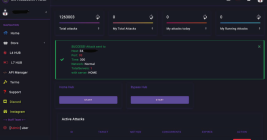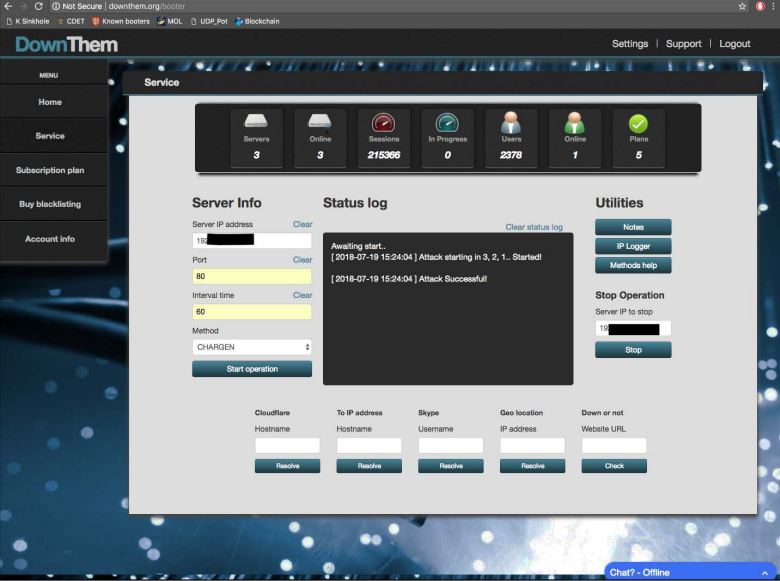Most people who operate DDoS-for-hire services attempt to hide their true identities and location. Proprietors of these so-called “booter” or “stresser” services — designed to knock websites and users offline — have long operated in a legally murky area of cybercrime law. But until recently, their biggest concern wasn’t avoiding capture or shutdown by the feds: It was minimizing harassment from unhappy customers or victims, and insulating themselves against incessant attacks from competing DDoS-for-hire services.
And then there are booter store operators like John Dobbs, a 32-year-old computer science graduate student living in Honolulu, Hawaii. For at least a decade until late last year, Dobbs openly operated IPStresser[.]com, a popular and powerful attack-for-hire service that he registered with the state of Hawaii using his real name and address. Likewise, the domain was registered in Dobbs’s name and hometown in Pennsylvania.
The only work experience Dobbs listed on his resume was as a freelance developer from 2013 to the present day. Dobbs’s resume doesn’t name his booter service, but in it he brags about maintaining websites with half a million page views daily, and “designing server deployments for performance, high-availability and security.”
In December 2022, the U.S. Department of Justice seized Dobbs’s IPStresser website and charged him with one count of aiding and abetting computer intrusions. Prosecutors say his service attracted more than two million registered users, and was responsible for launching a staggering 30 million distinct DDoS attacks.












